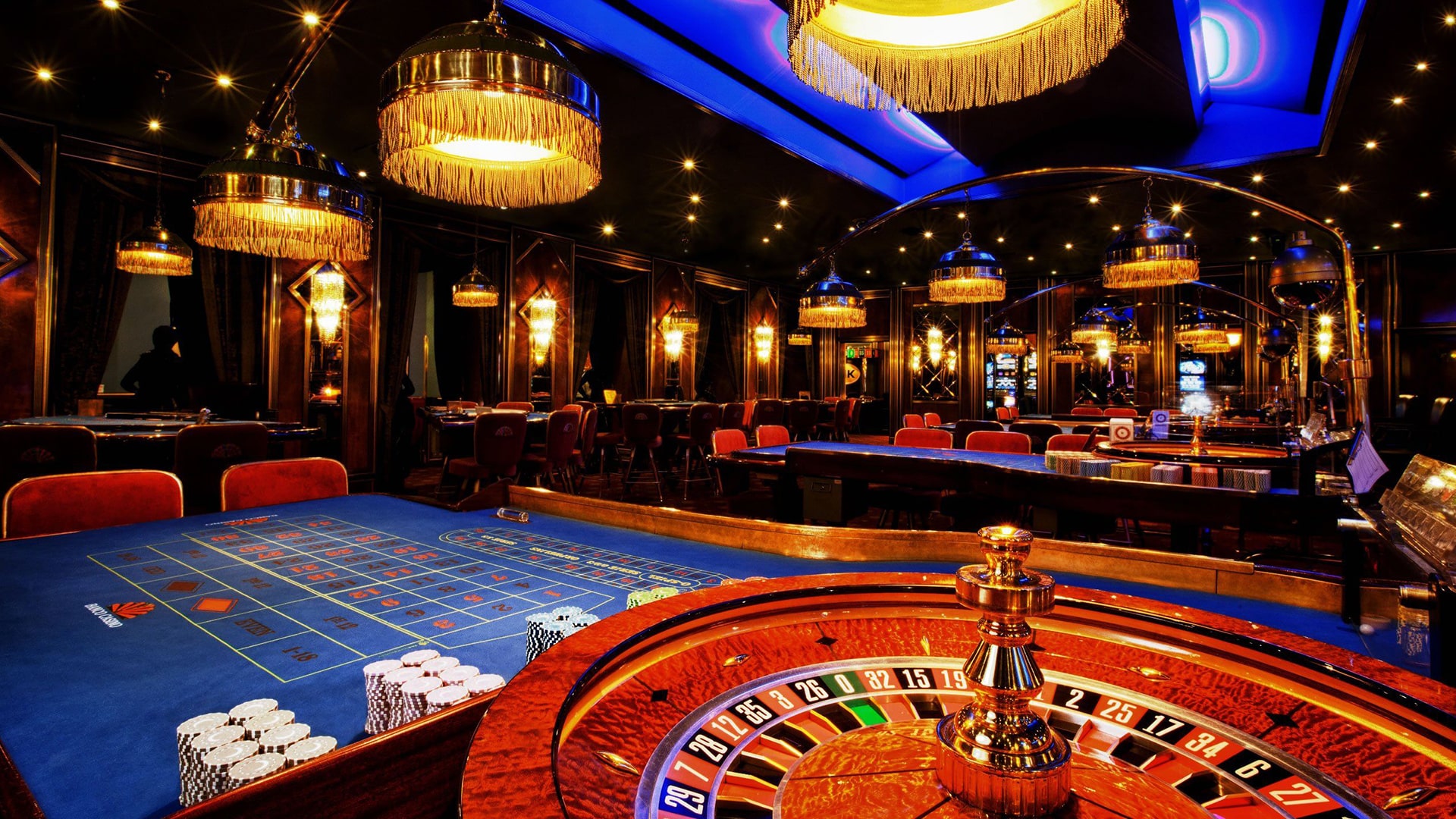
Gambling in casinos has long been a subject of fascination and controversy, attracting millions of players globally. With a blend of chance, strategy, and the thrill of uncertainty, casino games offer an exhilarating escape from everyday life. However, as entertainment becomes ever more available, it invites a deeper examination of the morality surrounding these games.
At the heart of the discussion lies the issue of whether casinos promote safe gambling or exploit at-risk individuals. The allure of potential winnings versus the reality of losses can create a challenging situation, and understanding this balance is crucial for both players and operators. As we delve into the ethics of casino gaming, we will explore the responsibilities of casinos, the impact on society, and the measures that can be taken to foster a healthier gaming environment.
The Impact of Casino Gaming on Society
Casino gaming has a considerable influence on the community, affecting not only the financial landscape but also interpersonal dynamics and local frameworks. ww88 The income generated from casinos can lead to job creation and boost local economies, as they provide various employment opportunities in multiple fields including hospitality, entertainment, and retail. However, while the economic advantages can be significant, communities often grapple with the possible negative impacts that arise from higher gambling activity.
Additionally, the presence of casinos can lead to an increase in gambling addiction, presenting serious challenges for players and families. The excitement of casino games can quickly evolve into a compulsive habit, affecting connections with others and leading to financial instability. Many individuals may struggle with the loss of control over their gambling habits, resulting in a need for assistance programs and interventions to address this growing issue. The social cost of addiction can extend through kinships and neighborhoods, creating an urgent need for responsible gaming initiatives.
In addition to the economic and social consequences, casino gaming often reflects cultural attitudes towards uncertainty and leisure. It can foster a sense of excitement and leisure, attracting tourists and boosting tourism. However, this allure may also conceal the wider implications of gambling as a method of entertainment, provoking ethical questions about its advertisement and accessibility. As communities weigh the advantages and drawbacks of casino gaming, the need for sensible approaches and regulation becomes increasingly critical in ensuring that the positive aspects are enhanced while minimizing the potential harms.
Moral Concerns in Gambling Practices
The morality of casino operations often revolve around the potential for addiction and its consequences on people and households. Betting can lead to significant financial distress, impacting not only the betters but also their loved ones. As people become caught in the appeal of winning, many lose track of their financial limits, which can result in devastating results such as insolvency. This raises moral questions about the duty of casinos in fostering safe gaming practices and offering support for those who may be struggling with gambling addiction.
Another critical issue is the promotion of betting to vulnerable populations. Gambling establishments often target low-income individuals or communities with the promise of fast gains, which can perpetuate cycles of poverty and hopelessness. In this situation, the morality of marketing strategies used by casinos come under scrutiny, as they may exploit the desperation of individuals seeking an escape from economic troubles. This exploitation raises moral questions about the integrity of the betting industry and its obligation to safeguard its most vulnerable patrons.
Additionally, the impact of gambling gaming on the community as a entirety cannot be overlooked. While some argue that gambling establishments create jobs and stimulate local economies, others point to the social costs associated with problem gambling, increased criminal rates, and a strain on public services. Balancing financial advantages with the potential for social harm presents a challenging moral dilemma for lawmakers and casino operators alike. The challenge lies in finding a ethical approach that takes into account the welfare of individuals and society while still allowing for the enjoyment of casino activities.
Oversight System and Responsibilities
The legal framework surrounding casino operations is developed to ensure justice, honesty, and participant security. Different government agencies and gaming commissions set and enforce regulations that dictate how gambling games work, the guidelines for game creation, and the protocols for handling rewards. These regulations change by jurisdiction but typically involve permit requirements for providers and stringent measures to stop cheating and fraud.
In also to governing bodies, gambling operators bear significant accountability in maintaining moral standards within their establishments. They must adopt responsible gambling practices that support participant safety and awareness, including presenting self-ban options and providing information about the risks connected to gaming. Casinos are also obligated for educating workers to identify signs of compulsive gambling and be aware of the appropriate actions to support patrons in trouble.
Moreover, openness in gaming operations is crucial for gaining and keeping public confidence. Gaming establishments should present clear information about the chances of activities, advertising deals, and any connected hazards. By fostering an environment of transparency and accountability, gambling establishments can help mitigate the likelihood harmful impact of betting while enhancing the general gaming experience for all players.
